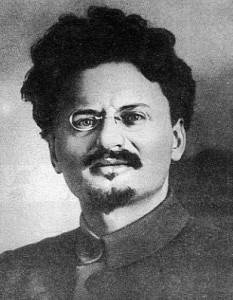Fiction break: Eric Hobsbawm

Leon and I are birthday buddies
Good historians are hard to find. I was awhile ago reading this book Reappraisals by Tony Judt (that book is worth reading for sure), and he wrote this piece on Eric Hobsbawm in which he says:
Hobsbawm doesn’t just know more than other historians. He writes better, too: There is none of the fussy “theorizing” or grandiloquent rhetorical narcissism of some of his younger British colleagues (none of the busy teams of graduate researchers, either—he does his own reading). His style is clean and clear. Like E.P. Thompson, Raymond Williams, and Christopher Hill, his erstwhile companions in the British Communist Historians’ Group, Hobsbawm is a master of English prose. He writes intelligible history for literate readers.
No small praise, that. So when I saw a copy of Hobsbawm’s The Age of Empire: 1875–1914 on the discount non-fiction table at the Strand, I dug deep into my linty pockets, dumped a pile of quarters at the register, and cracked open my purchase. The book is the last in a series of four in which Hobsbawm pretty much dissects the cadaver of western civilization to find out how we got where we are (much of it with an endearing pinko slant). So, yes, I’m suggesting that you read both Judt and Hobsbawm if you’re sick of reading the Bleak Houses of the world, but, also, I was thinking of this panel I read about at the PEN World Voices Festival in which they discussed non-fiction and why (or why not) the better examples of it should be considered literature. Fun! Thoughts? I’m looking at you, Orwell.
May 6th, 2009 / 8:21 am
